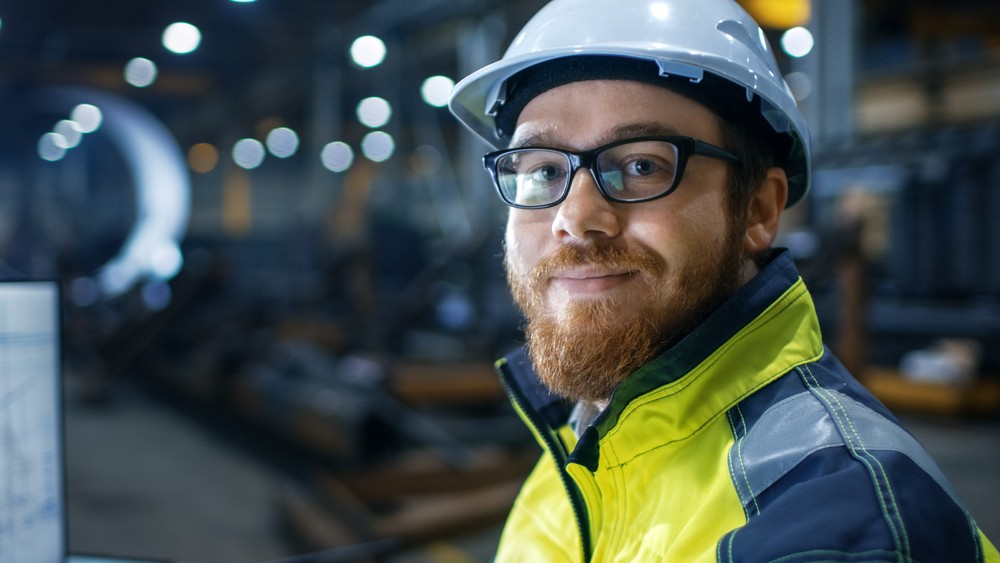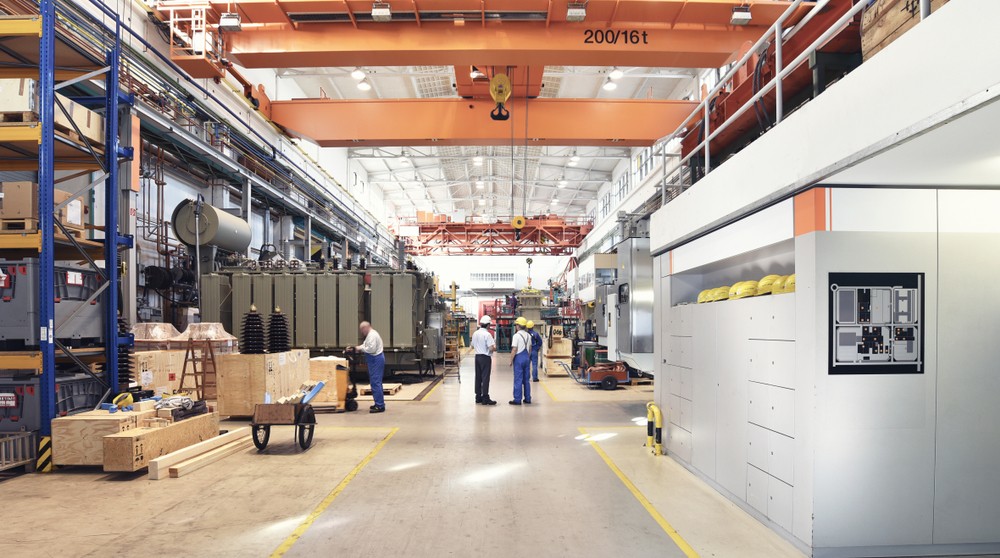Could Neurodivergent Thinking Give Manufacturers an Edge?

Discussions about mental health and acceptance dominate today’s social culture. It’s getting easier to talk about how we think and feel and to discuss how our complex brains process everything from everyday stimuli to complex problem-solving. As a result, a new term has entered the mainstream vocabulary: neurodivergence.
Neurodivergence is a catchall for atypical thinking and processing — a term of acceptance for many who’ve long thought their way of processing was “wrong.” As it turns out, neurodivergence might be exactly what manufacturing has been seeking.
Acceptance of neurodivergence
Neurodivergence refers to a person’s brain processes, learning habits, and behaviors that may differ from what is considered “typical.” It represents a shift in how society views mental health. Rather than lumping neurodivergence in with antiquated definitions of mental illness, practitioners are embracing different methods of learning and processing information — not all of which are a disability.
These differences in thinking, learning, and behavior aren’t inherently a problem. In fact, neurodivergence is viewed today as a positive — it’s a good thing not everyone thinks in the same way! Embracing neurodivergence leads to new perspectives and ideas. While it’s considered “off the norm,” it could very well become the new norm, especially in manufacturing and other sectors in need of creators and innovators.

Addressing problems from all angles
The factory is a complex place with multifaceted problems and needs. The most intricate problems often require multiple viewpoints, lending themselves to the atypical thinking neurodivergent people bring to the workplace.
Neurodivergent workers can fit well within multidimensional factory settings. Atypical thinkers — those on the spectrum or those who process the world around them differently — can bring unique perspectives to a manufacturing operation. These individuals frequently possess distinctive cognitive abilities for pattern recognition and outlier detection, among other skills. Moreover, they’re often more likely to engage in subsurface assessments, which are ideal for problem-solving, root cause analysis, and more.
Neurodiverse people are also skilled at creating out-of-the-box solutions for process and efficiency improvements. They can view processes abstractly and identify insightful ways to increase efficiencies other workers may not have considered.
There is no wrong way to innovate
Neurodivergent people see things differently and can imagine and create solutions typical thinkers may miss. As manufacturers look for an edge to compete in a global market, embracing and encouraging the unique perspectives of neurodivergent individuals can provide an exciting opportunity — and a yet-to-be-understood resource.
Thinking differently is a valuable resource. Through flexibility and trust — along with mentoring and essential workplace accommodations — neurodivergent people can flourish in a long and fruitful career. It’s up to manufacturers to see this potential and create inroads for acceptance within their organizations.